
Culture
11:18, 05-Feb-2018
Don't brand single women in China with the 'L' word
Ty Lawson
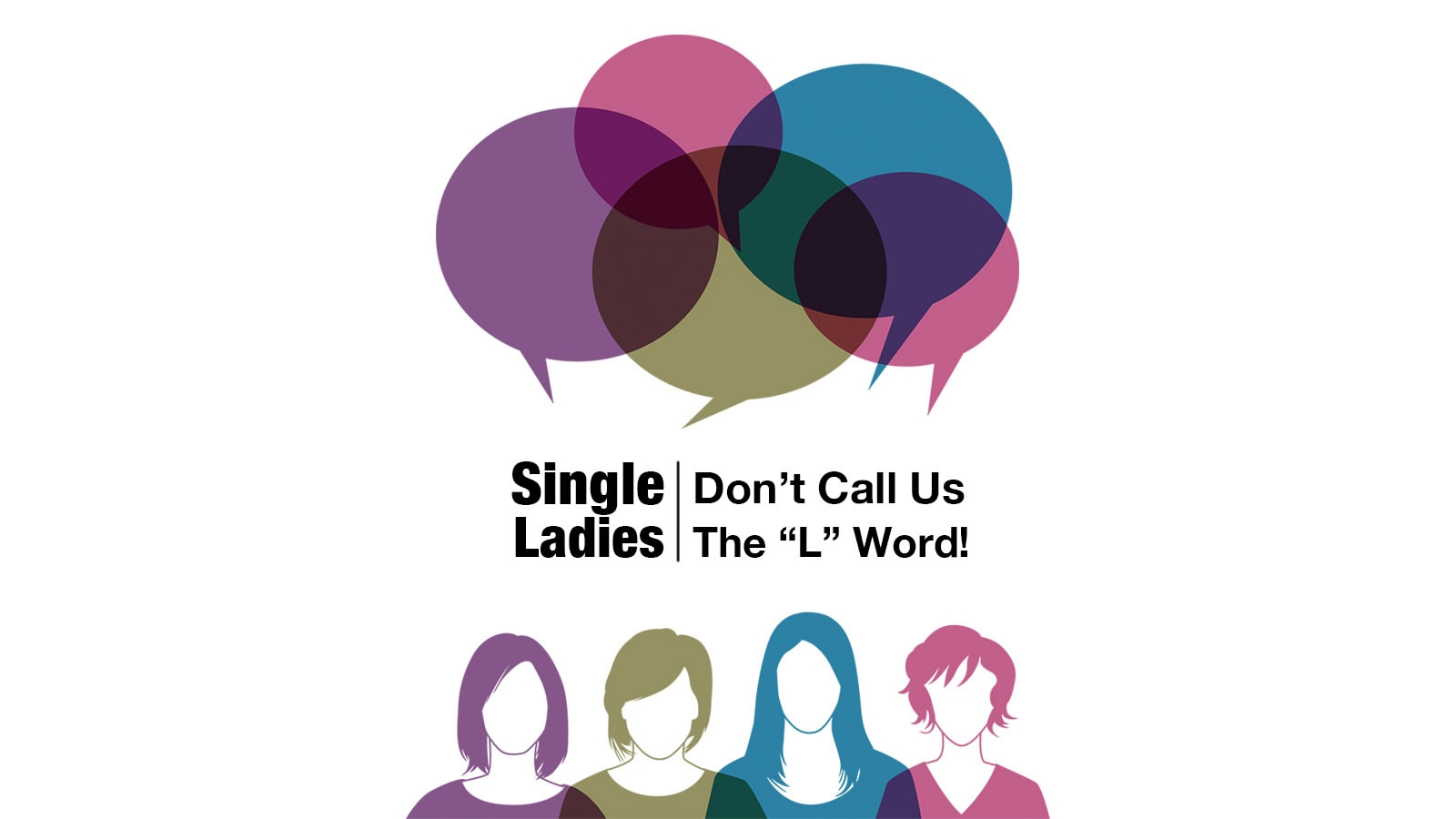
Single women in China are no longer accepting the scarlet letter that has been used to describe their marital status.
Since 2007, singletons over the age of 27 in China have been unofficially termed “leftover women” or "sheng nu" in Chinese.
The “L” word was one of 171 new Chinese terms included in the “Report on the Language Situation in China” published by the Ministry of Education, referring to single women at or beyond the socially-accepted marriageable age of around 27.
At the time, the government warned that China's gender imbalance – caused by selective abortions because of the one-child policy – was a serious problem.
This is why the four women – three of them single – that CGTN Digital spoke to for this article said the “L” word is the wrong label for China's single ladies.
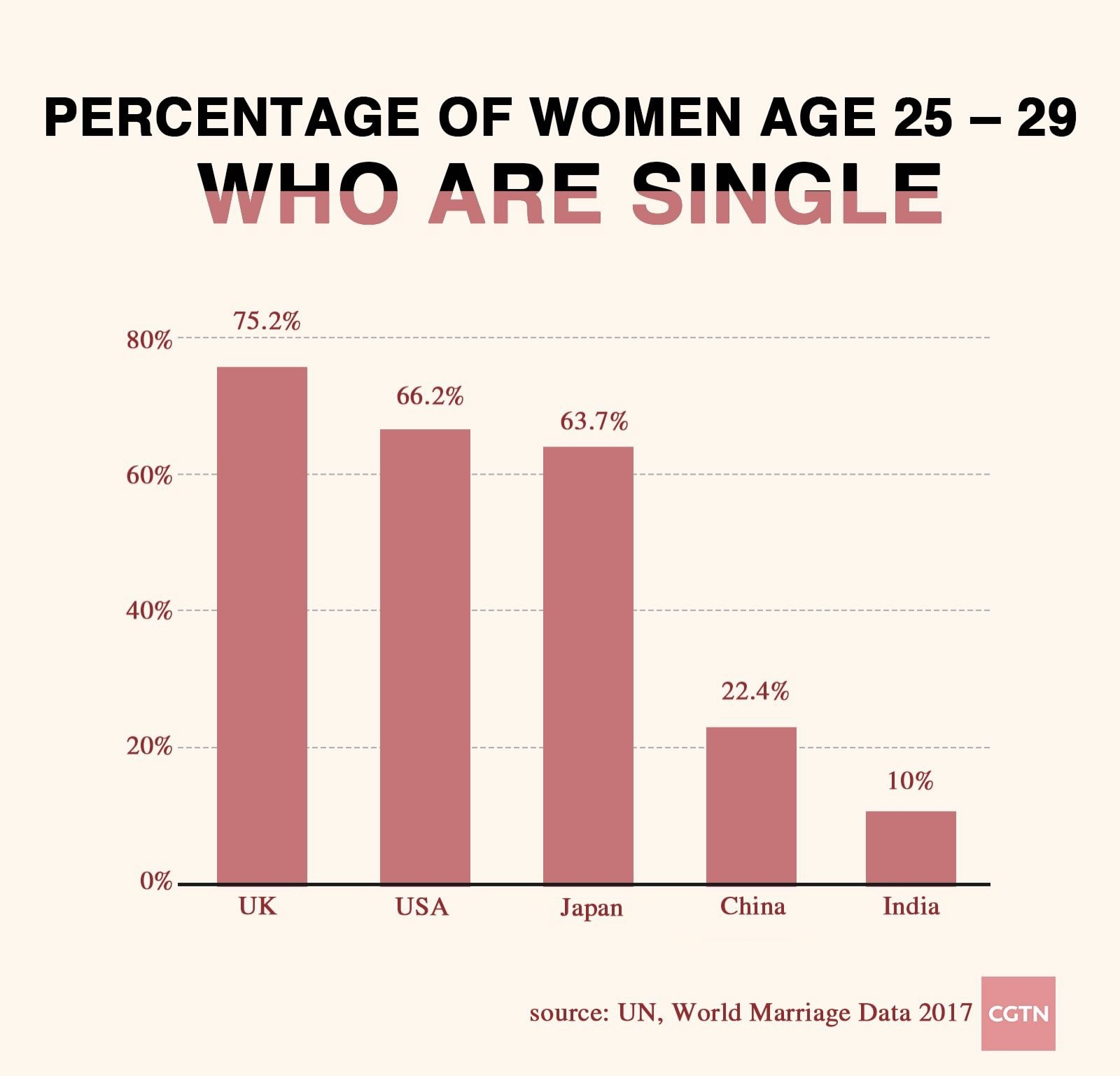
“At present, there are nearly 200 million single people in China, and men outnumber women by 33.66 million,” Daisy Guo, co-founder of tech company Tezign.com and a World Economic Forum Global Shaper said.
“Therefore, more men than women are being forced to remain single due to circumstance.”
And she is not alone in her thinking. Virginia Tan, co-founder of Lean In China, a professional development and peer support platform for women, has similar sentiments.
“I think the state of women in urban and rural areas of China and all parts of the world, it’s different,” she told CGTN Digital.
“This is probably a global problem, not even a female problem.”
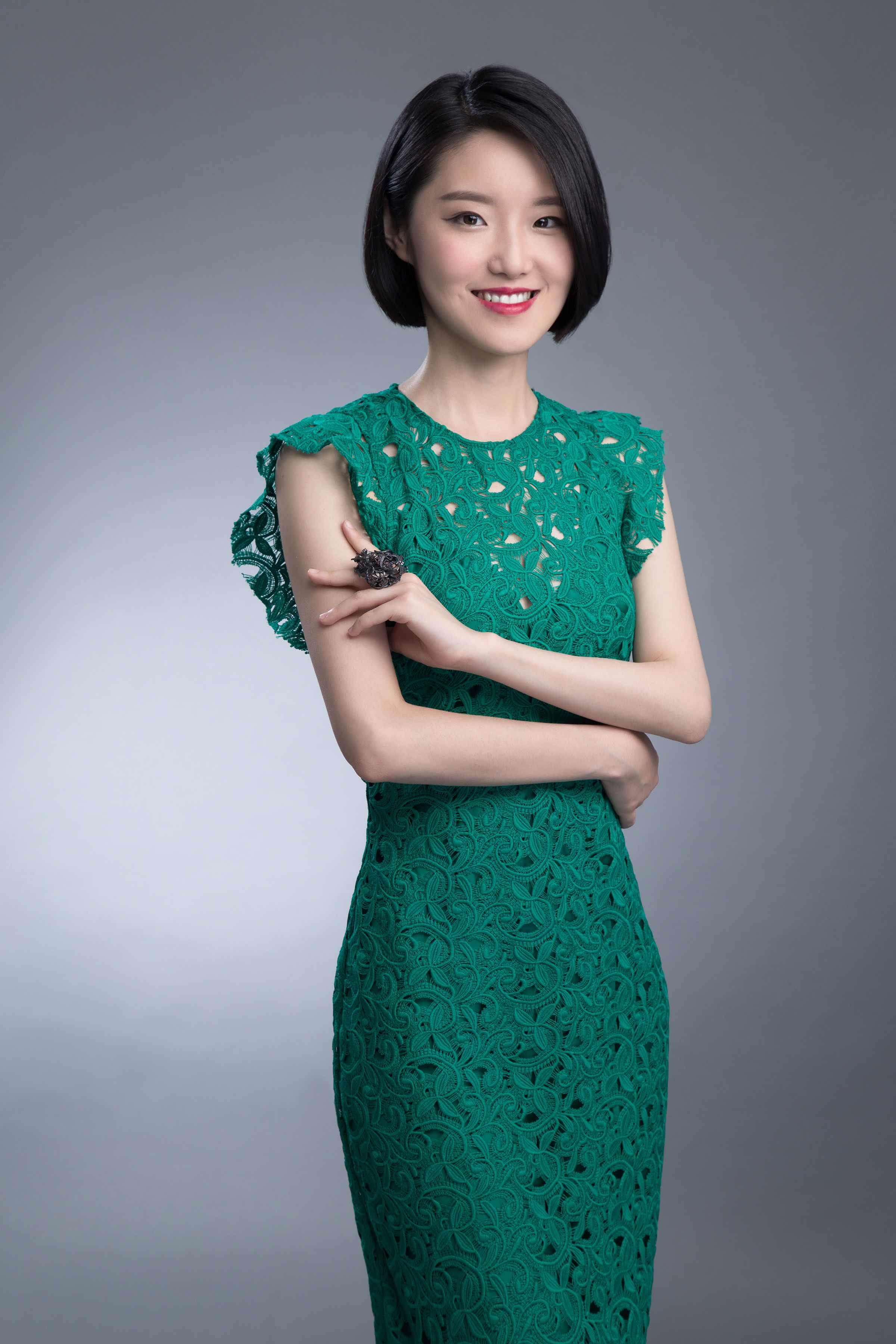
Daisy Guo, co-founder and chief operations officer, Tezign.com /Daisy Guo
Daisy Guo, co-founder and chief operations officer, Tezign.com /Daisy Guo
Run the world
The “L” word's presence in China is so serious that following last year’s World Economic Forum meeting in Davos, organizers asked Guo to write an essay discussing “leftover” women in China.
Guo said as she continued her travels overseas she realized that the pressure to marry was not only felt by Chinese women.
“All of them are facing the same pressure,” she said. “They even told me their fear of marriage.”
Tan agreed, saying the phenomenon is by no means unique to China.
She joked that “If Daisy thinks she is over the leftover age at 29, I’m 33 so I’m in serious trouble.”
Tan said she feels the pressure when she goes home even though her family is relatively relaxed about it.
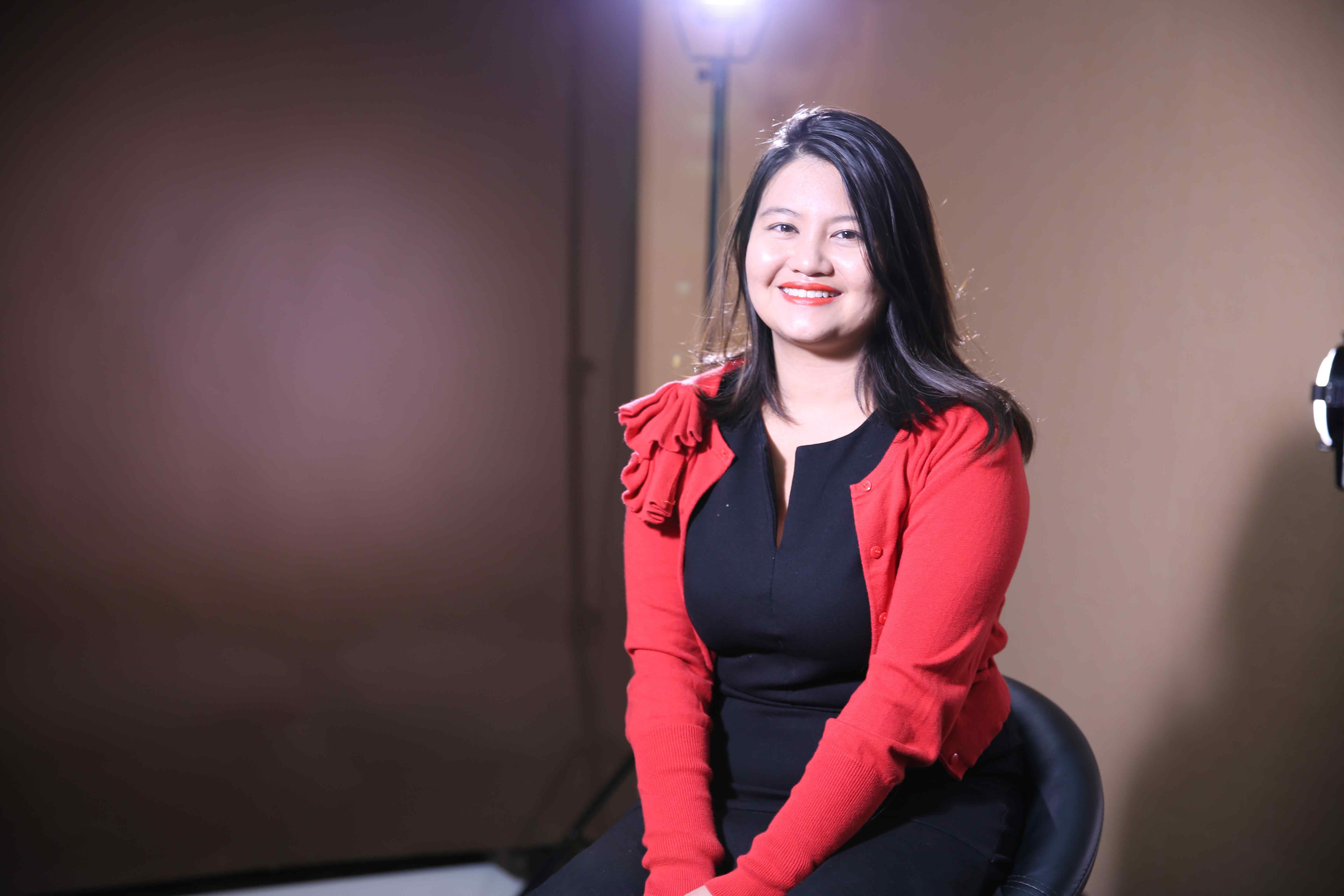
Virginia Tan, co-founder, Lean In China /Virginia Tan
Virginia Tan, co-founder, Lean In China /Virginia Tan
Under pressure
“My family doesn’t give me any pressure,” she explained. “Actually, my parents just want me to be happy but the external environment can be quite unforgiving.”
Tan moved to China in 2013 to work on investments for the Belt and Road Initiative representing state-owned banks investing in emerging markets.
That same year the former corporate lawyer founded Lean In China which has since grown to more than 120 chapters across the country serving as an advocate for women in rural and urban areas as well as those at university. Lean In China promotes a culture of mutual support, mentorship, and leadership for women.
Tan was born in Singapore but her father’s family is from the Chinese mainland.
“I think a few years ago I would have been freaking out but actually I look at some of these amazing women around me,” she said. “They got married when they were 34, 35, 36, 37, 38, whatever, and they waited for the right person.”
Tan said the network of women she interacts with in China gives her comfort.
“But if I was in an environment where everybody said ‘you have to get married by 25 and beyond that, there is no hope for you’ then I would really freak out,” she said.
The entrepreneur said she is grateful for the role models she has found in China.
“The most successful women in China are very visible. In many ways, they are much more visible in China than they are in other countries. You see that these women are not just great corporate leaders but they are also great human beings and they have families,” she said. “They have lives. I find that very, very inspiring.”
Tan makes it clear she is not anti-marriage.
“It’s not whether you should get married young or old. I think if you find the right person while you're young then why not,” she said.
“I do believe in marriage. I believe in it strongly.”
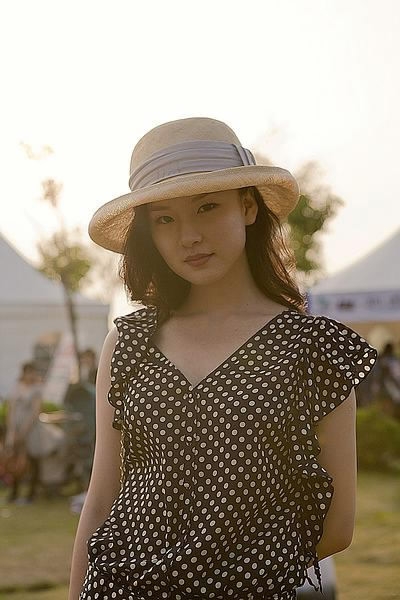
Aising Gong, 30, is a Shanghai-based arts manager for the British Council. /Aising Gong
Aising Gong, 30, is a Shanghai-based arts manager for the British Council. /Aising Gong
What society expects
She said Asian culture – whether in China or other parts of the region – tends to dictate that your life and your marriage is not necessarily a personal choice but a social expectation.
“Even though I am not mainland Chinese, I think as an Asian so much of your life no one really asks you what you want from your life,” she said. “You’re just expected to take a certain path and I think it is all about learning or having the courage to define what it is you want for yourself.”
Shanghai-based Aising Gong is doing just that.
"Marriage to me is neither a fantasy fairyland nor a grave,” the 30-year-old arts manager for the British Council told CGTN Digital.
“I will just walk on my selected path until I meet someone who has a tacit understanding – if not, I am happy to have my friends or enjoy the time with myself.”
Gong said she has been fortunate in the sense that her parents have never put any pressure on her. She said they sometimes even helped her to turn down blind date requests by other relatives.
Gong said she is very happy to see many Chinese girls awakened to the idea of not rushing to get married because it is what society expects.
“They enjoy love at whatever age, and have independent recognition toward marriage,” she said.
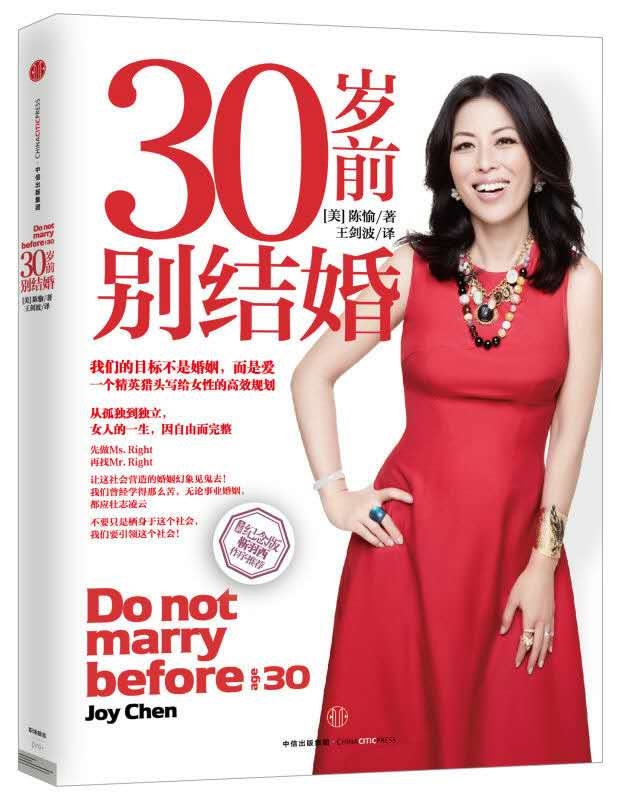
"Do Not Marry Before Age 30" by Joy Chen is a bestselling book in China. /Joy Chen
"Do Not Marry Before Age 30" by Joy Chen is a bestselling book in China. /Joy Chen
But Gong said not all young women share her views.
“I have a college classmate… She got married and has a cute son,” she said. “We are WeChat friends. Every time, no matter what I post on my WeChat Moments, she comments, ‘When can I attend your wedding? You must hurry up!’”
Happily ever after
Joy Chen, the author of bestselling book “Do Not Marry Before Age 30,” disagrees with that sense of urgency.
“Women are pressured to get married but they are not taught ‘how do I have a happy marriage?’” she told CGTN Digital.
Chen got married at the age of 38 and has two daughters with her husband, Dave. She says the birth of her daughters inspired her to write something that would help Chinese women.
“I realized that the circumstances of our lives are different, but the big questions that we as women face in our lives are the same,” she said.
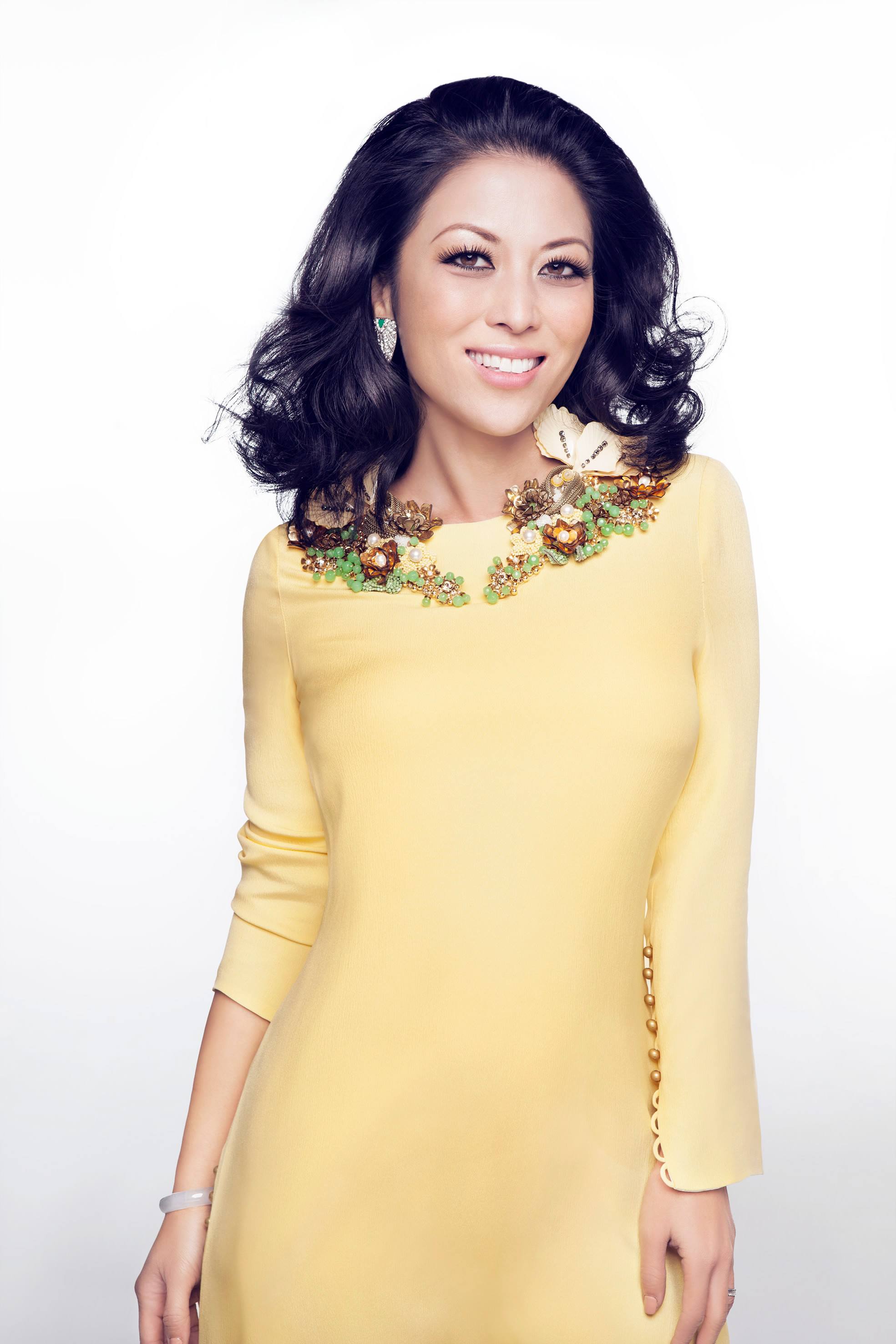
Joy Chen /Joy Chen
Joy Chen /Joy Chen
The former deputy mayor of Los Angeles has made it her mission to help a generation of modern Chinese women find happiness.
“In China, tradition has made the fantasy of marriage deep and pervasive,” she says. “As a woman, it is easy for us to lose sight of our possibilities.”
Possibilities single ladies like Gong are relishing.
“Being single is no longer a reason for panic, instead, being unhappy is just the root of anxiety,” she said.

SITEMAP
Copyright © 2018 CGTN. Beijing ICP prepared NO.16065310-3
Copyright © 2018 CGTN. Beijing ICP prepared NO.16065310-3